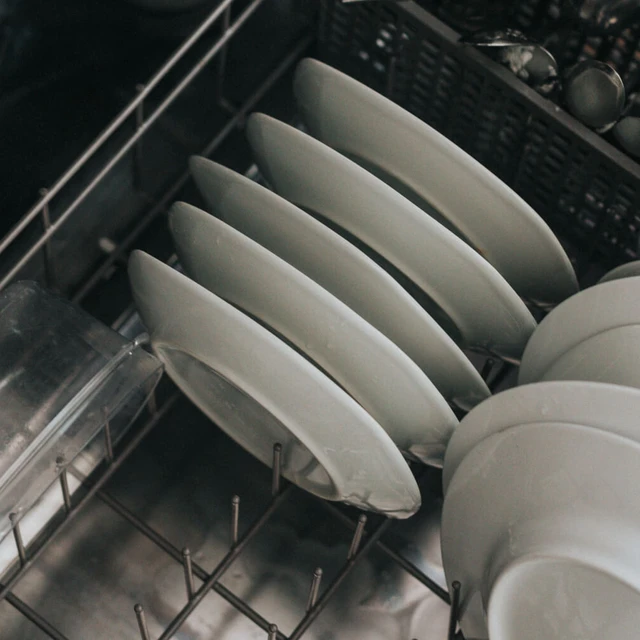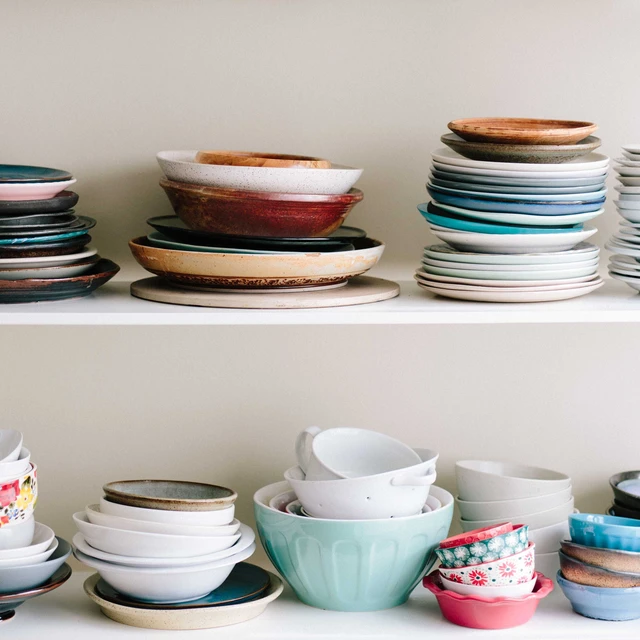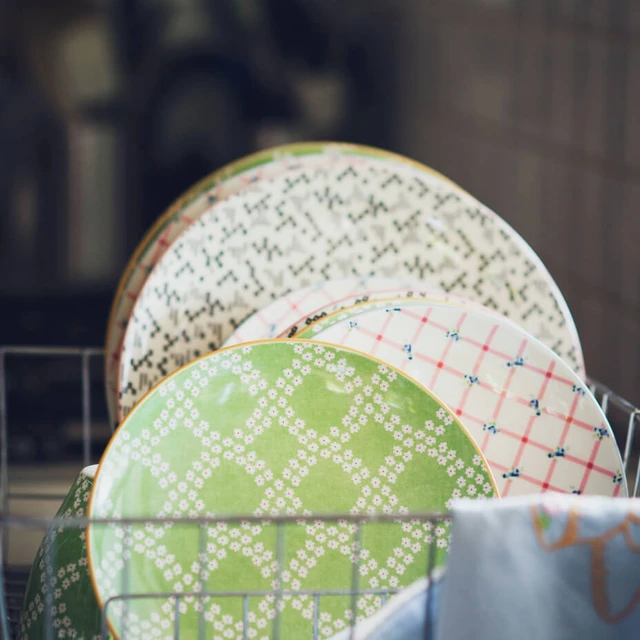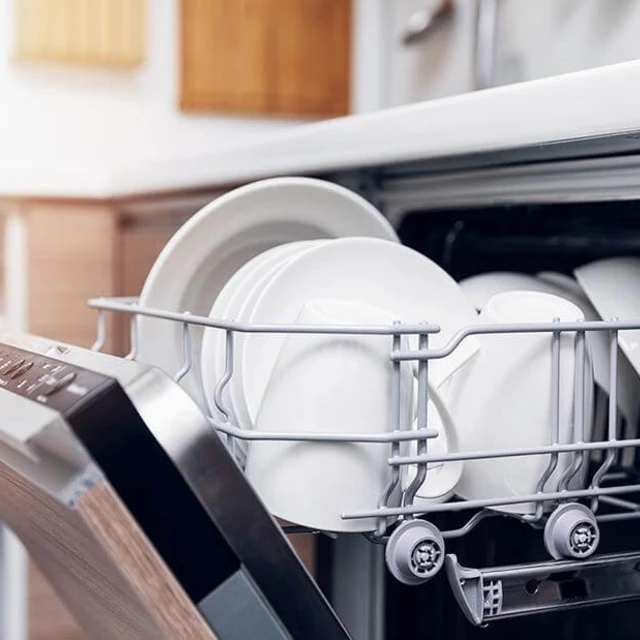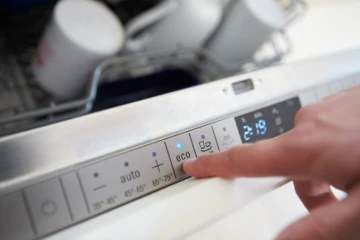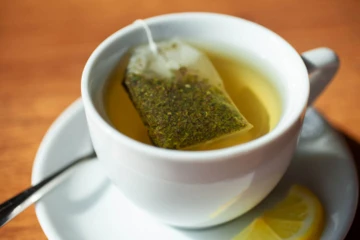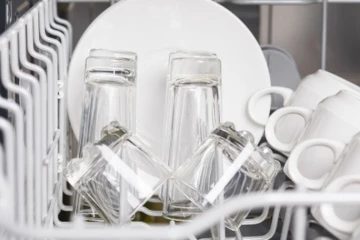Testing institutes have responded to this shift in consumer expectations by moving their temperature range down. IKW, the German industry association that defines test standards now tests at 45ºC.
This is 5ºC lower than their previous standard temperature. At the same time, their test soils have become even tougher. Consumer magazines across Europe have either adopted or are expected to adopt these conditions as standard. Consumers use these test results to help choose the best detergent.
The message is clear – their expectations of dish washing machine detergents are getting higher. They’re demanding excellent performance on the toughest soils under all conditions, including shorter, cooler cycles.
